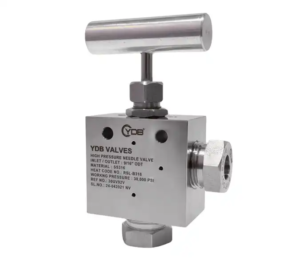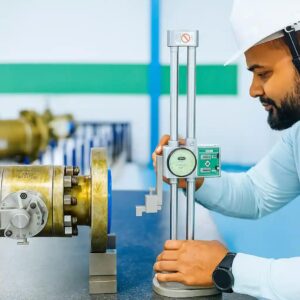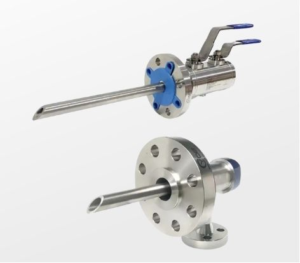In critical industries like oil, gas, and power generation, selecting the right valve is vital to ensure safety, efficiency, and reliability. Among the many options available, ball valves for pipeline systems stand out for their strength, tight shut-off, and ability to handle extreme conditions. Whether dealing with high pressure, high temperature, or corrosive media, the right ball valve can make a significant difference in system performance.
Forged vs. Cast Ball Valves
When choosing a valve for demanding environments, material selection is key. Forged ball valves are made by shaping heated metal under pressure, resulting in a dense and durable structure. They are well-suited for high-pressure applications and environments where toughness is essential.
On the other hand, cast ball valves are produced through casting, making them cost-effective and ideal for less demanding operations. While not as robust as forged options, they still provide reliable performance in many pipeline systems. Understanding the difference between forged and cast valves allows engineers to select the best fit for each application.
Durability in Harsh Environments
Pipelines often operate under extreme conditions, including fluctuating pressures, abrasive media, and temperature swings. To meet these challenges, ball valves must deliver consistent performance. Advanced designs, such as isolation ball valves, ensure tight sealing and reduced leakage risk, even in critical shutdown or emergency scenarios.
Additionally, ball valves engineered with corrosion-resistant materials can extend service life, minimize maintenance, and ensure long-term reliability. This durability makes them a trusted solution for both new installations and replacements in existing infrastructure.

Applications in High-Pressure and High-Temperature Systems
The versatility of ball valves for pipeline use comes from their ability to withstand challenging operating conditions. High-pressure systems, such as those in oil and gas transportation, benefit from the rugged design of forged steel valves. Similarly, systems exposed to elevated temperatures can rely on precision-engineered valves to maintain efficiency without compromising safety.
For applications requiring added security, double block and bleed valves or single block and bleed valves offer enhanced isolation. These designs are essential in processes where leakage prevention and safety are top priorities.
Precision and Innovation in Valve Design
Today’s industrial systems demand not only durability but also accuracy. The use of precision-engineered valves ensures smooth operation and minimal energy loss. Modern innovations like new concept instrumentation valves are also being integrated into complex networks to support accurate measurement and monitoring alongside core isolation functions.
These advancements highlight how ball valves are evolving to meet stricter safety, compliance, and performance standards across industries.
Conclusion
Choosing the right ball valves for pipeline operations is about balancing durability, pressure rating, material strength, and design innovation. From forged and cast options to advanced block and bleed designs, the right selection ensures both safety and efficiency.
Partner with YDB Valves LLP
At YDB Valves LLP, we provide a wide range of high-performance ball valves designed to meet the toughest industrial requirements. Our focus on precision, durability, and reliability ensures your pipeline systems operate safely and efficiently.
Contact us today to discuss your valve requirements and find the right solution for your operations.






